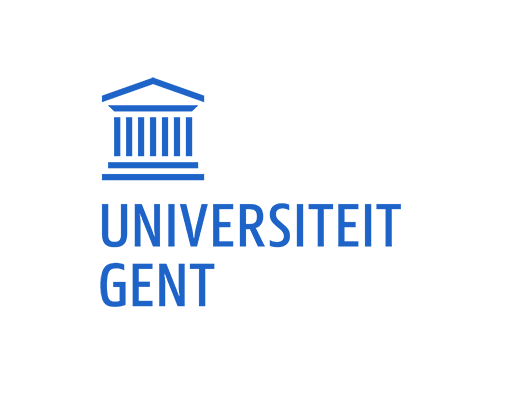Frederik De Roeck
KBS webinar - Climate controversies: why and how to map conflicting discourses?
Opinie: De nieuwe plasticfabriek is best een discussie waard
Discoursanalyse rond klimaatkwesties
Energy-X: societal concerns in technology development for a circular and low-carbon economy
The politics of the circular economy

The politics of the circular economy
In the European Union, the transition to a circular economy (CE) has over the last decade surfaced as one of the guiding ideas for the restructuring of economies towards resource efficiency and sustainability. The image that flows from the CE literature is a future where new technologies optimize material chains and close material loops, innovative business models replace products by services, product design enhances longevity and reparability, and consumers become users for whom sharing is the new owning. However, a lot of societal choices and controversies are hidden underneath this smooth image. Studies from a social science perspective often point to tensions about what the CE exactly is, how it should be brought about, who the responsible actors are, who will win and who will lose, and what the relevant technological and scientific research pathways are. The research at CDO about the CE aims to understand how the politics of the CE transition take shape. Important questions include: which competing vision exist about the CE? Does a circular economy require deep changes in economic and societal structures, practices and policies, or can it remain within the existing market paradigm and political structures and rely on current incumbent actors? How can the CE contribute to a an ecologically sustainable and socially just society?
De Roeck
Sustainability Education

Photo: Lynn Delbeecke
Since 2015, the Centre for Sustainable Development conducts a variety of research projects on sustainability education. Central in the work of our Sustainability Education Research team, is a focus on the role of education in the pursuit of building a more sustainable world and on the specificity of teaching and learning about socio-ecological issues that are often complex, controversial, value-laden, emotionally charged, and even existential. Empirically, our current research studies both formal and non-formal sustainability education practices. It mainly focuses on learning in the context of sustainability transitions, on sustainability in higher education, on climate education, and on challenge-based teaching in which students engage with real-world sustainability problems. We largely (but not solely) draw on pragmatist didactic theory and transactional analytical methods and we closely collaborate with other didactic researchers in the internationally networked research environment TEPLAB - Laboratory for Teaching Practices. A shared topic of special interest, is the relation between sustainability education research and practice, including establishing and investigating transdisciplinary settings for co-creating sustainability education.
Sinds 2015 coördineert het Centrum voor Duurzame Ontwikkeling verschillende onderzoeksprojecten in verband met duurzaamheidseducatie. Kenmerkend voor de onderzoeksactiviteiten van dit team is een focus op de rol van educatie in het streven naar een meer duurzame wereld en op de specificiteit van leren en lesgeven over sociaal-ecologische vraagstukken die vaak complex, waardengeladen, controversieel, emotioneel beladen en zelfs existentieel zijn. Empirisch focust ons lopend onderzoek op zowel formele als non-formele vormen van duurzaamheidseducatie. Het is vooral toegespitst op leerprocessen in de context van duurzaamheidstransities, duurzaamheid in hoger onderwijs, klimaateducatie en 'challenge-based' onderwijs over duurzaamheidskwesties. We zijn in belangrijke mate (maar niet uitsluitend) geïnspireerd door pragmatische didactische theorie en transactionele analytische methoden en werken nauw samen met andere didactische onderzoekers in de internationaal genetwerkte onderzoeksgroep TEPLAB - Laboratory for Teaching Practices. We delen een bijzondere interesse in de relatie tussen onderzoek over en praktijken van duurzaamheidseducatie en zijn geëngageerd in het opzetten én bestuderen van transdisciplinaire settings voor het co-creëren van duurzaamheidseducatie.
